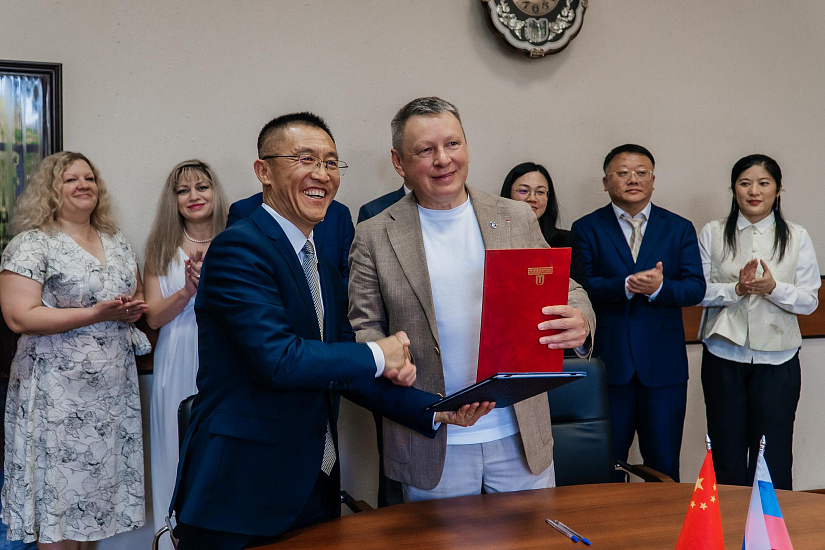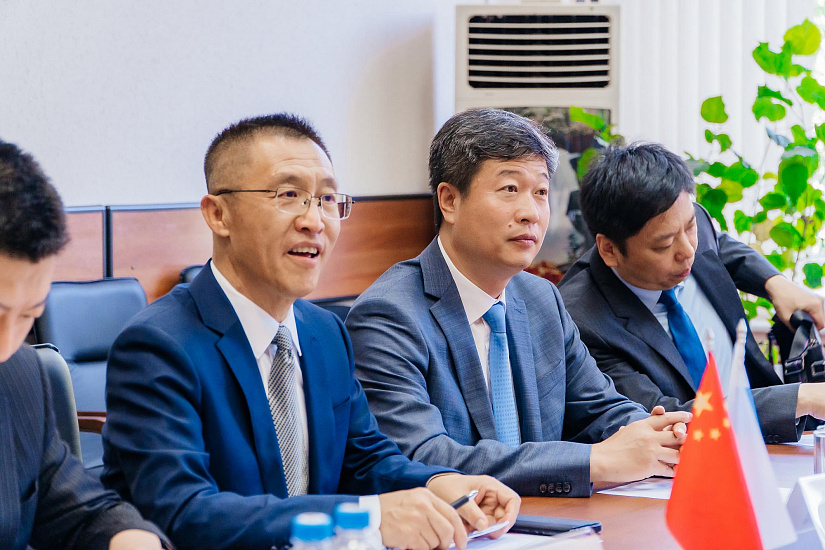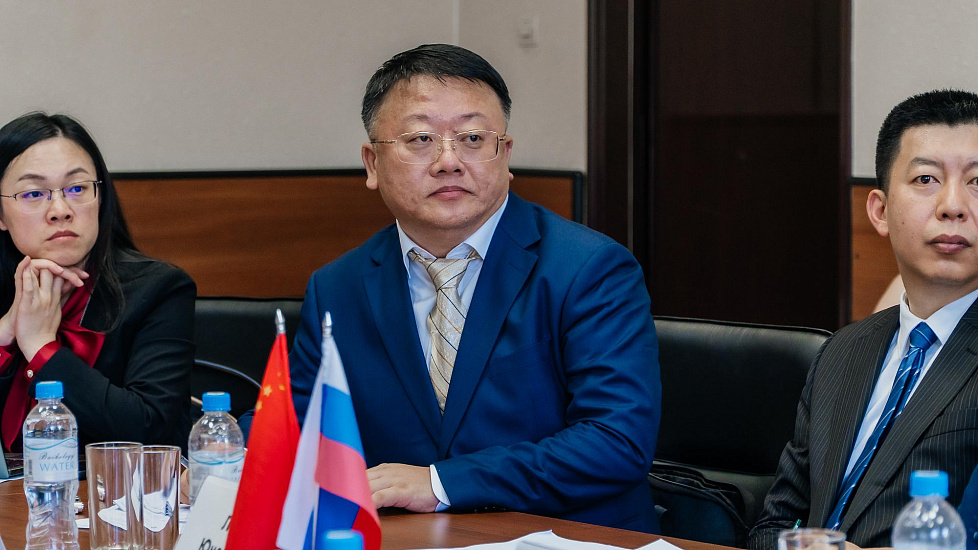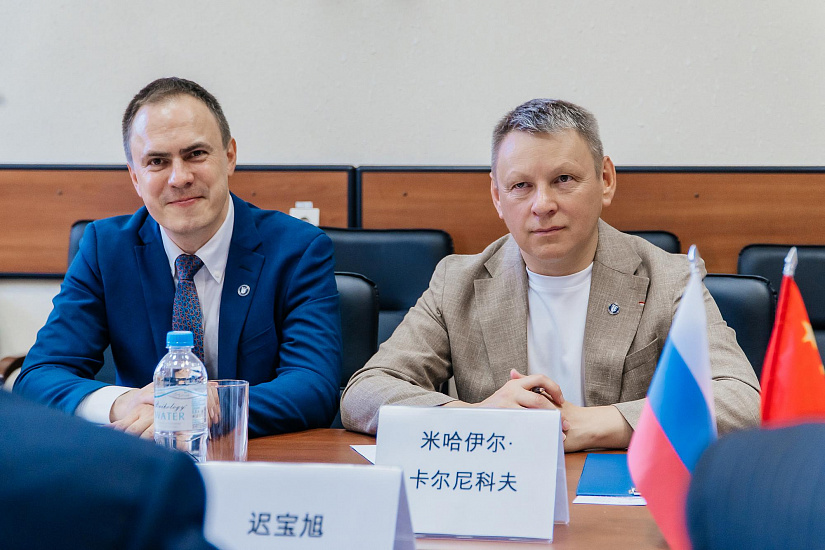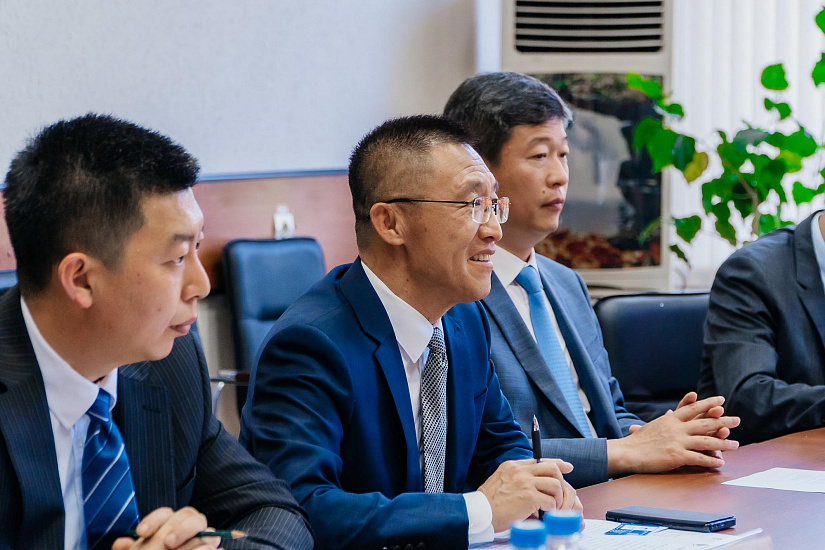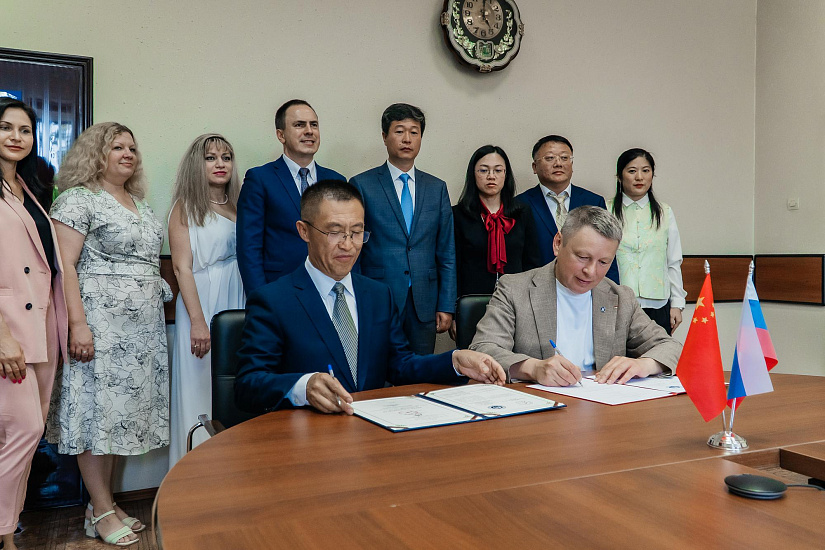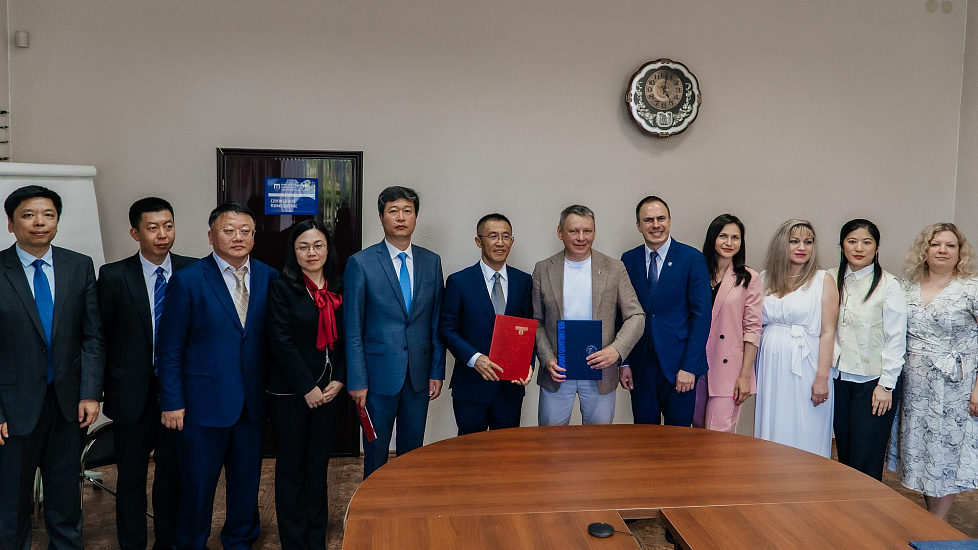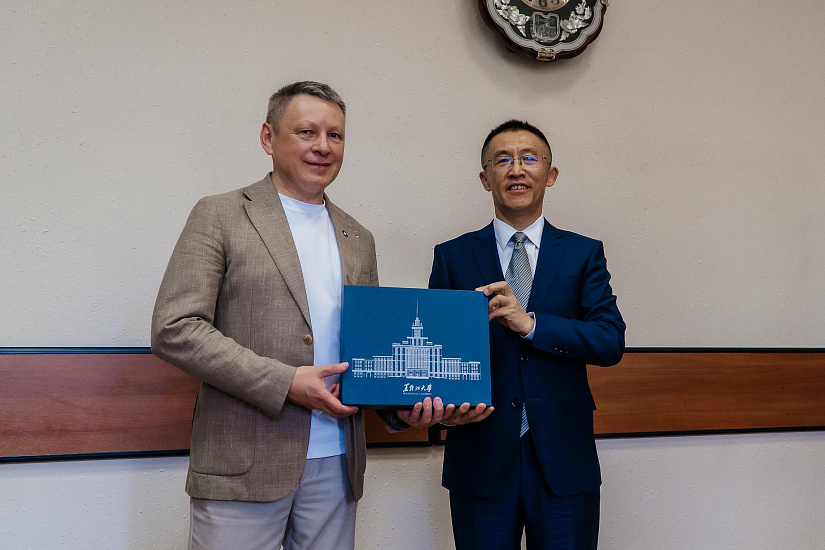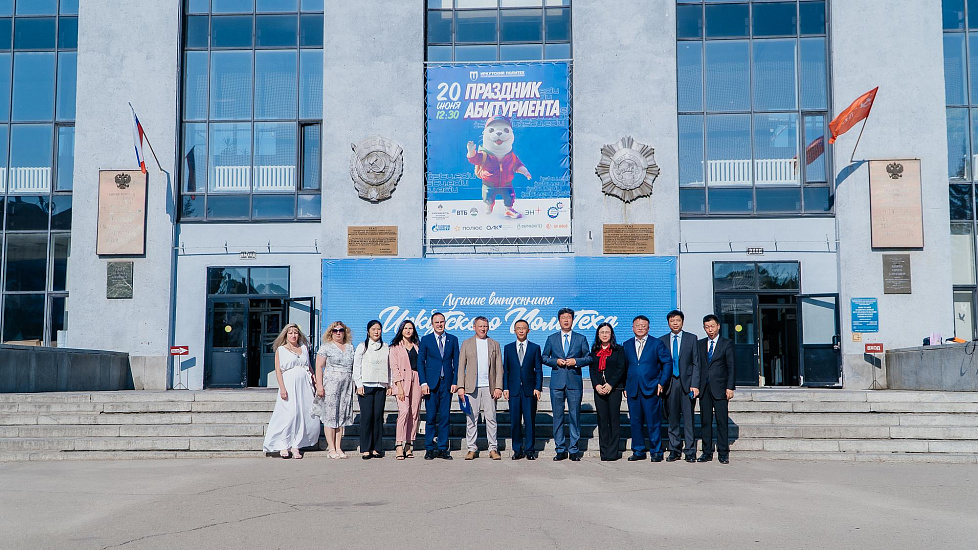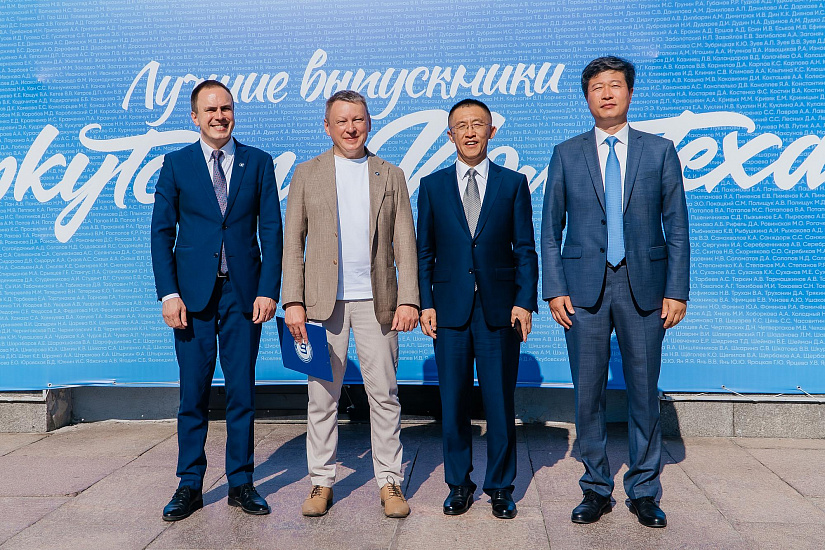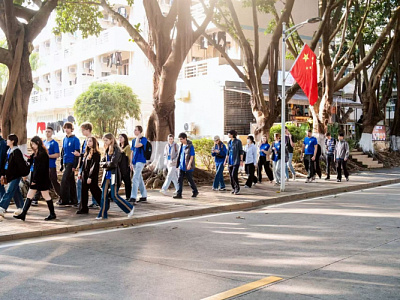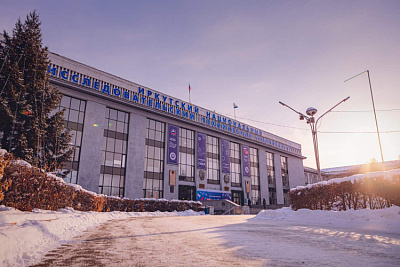INRTU Signs Science-Education Partnership with Heilongjiang University
A delegation from China's Heilongjiang University (Harbin), led by Secretary of the Party Committee of the Heilongjiang University, Chi Baoxu conducted an official visit to Irkutsk INRTU. The high-level Chinese delegation was joined by Mr. Li Hai, Chinese Consul General in Irkutsk and an alumnus of Heilongjiang University.
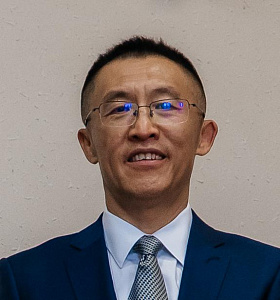
In his welcoming remarks, Mr. Chi Baoxu noted that INRTU is a member of the Sino-Russian Language Education University Alliance, which unites over 100 universities from China and Russia. INRTU joined the organization in May 2024. The Alliance was established on the initiative of Heilongjiang University and Moscow State Linguistic University. The main goal of the community is to create a platform for Sino-Russian cooperation in linguistics, deepening language education and humanitarian exchanges, and sharing resources. INRTU also acted as one of the Alliance's co-founding universities.
Heilongjiang University currently operates 33 sci-tech innovation platforms aimed at developing qualitatively new levels of labor productivity, integrating sci-tech innovation resources, and commercializing scientific achievements.
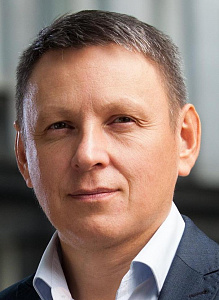
INRTU Rector Mikhail Korniakov thanked the Chinese delegation members for visiting INRTU. He noted that INRTU currently cooperates with over 70 Chinese universities. Thanks to comprehensive partnership between the two universities, INRTU students have participated in the “Chinese Language Bridge” Winter Camp, and Heilongjiang University's Russian language teachers have participated in the international Summer School for professional development of Russian language teachers at INRTU.
At the meeting's conclusion, the parties signed an agreement on scientific and educational cooperation providing for faculty exchanges, student academic mobility, joint international conferences, and scientific events. Heilongjiang University also expressed interest in establishing a joint research laboratory in energy. It should be noted that over 50 joint research laboratories with participation from Russian universities are currently operating in China, their activities covering both fundamental and applied research.
